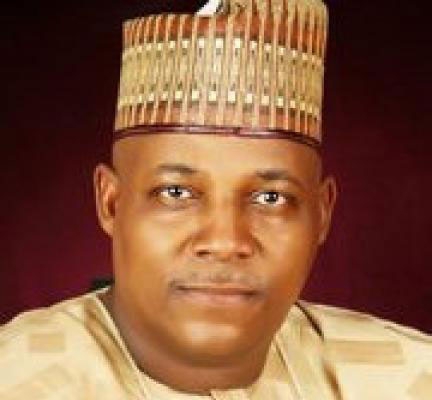By Suleiman Abdul-Azeez
We are in the middle of weeks of speculation over those that may emerge Presidential candidates for their various parties and who they will choose as their running mates when they eventually emerge.
It used to be that vice presidents were chosen primarily to balance the ticket before recently when the balancing model was abandoned for what I call the partnership model, though in the future we hope to see the two tactfully combined by choosing a running mate for his ability to help the next President be partners in the complex governing process.
Over several transitions, vice presidents have not been very interesting, nor was the relationship between presidents and their vice presidents very consequential—and for good reason. Vice presidents have been understudies, have often been disliked or even despised by the president they served, and have been used by political parties, derided by journalists, and ridiculed by the public. The job of vice president has been so peripheral that VPs themselves have even made fun of the office. That’s because most vice presidents were chosen merely to balance the ticket. The balance in question could be geographic—a northern presidential candidate picked a southerner—or it could be ideological and geographic.
Sometimes, these marriages of convenience worked. But often they did not. Often the dynamic between the president and vice president as seen with President Olusegun Obasanjo and his Vice Atiku Abubakar, ran from cold and distantly cordial to outright hostile.
The result was vice presidents were cut out of the action, relegated to trivial duties, or dispatched to take part in other largely ceremonial roles. If balance was the criterion for selection, it all but guaranteed that the office itself would be uneventful.
This is however bound to change with the widely speculated possibility of Senator Kashim Shettima, former Governor of Borno State picked as running mate for the candidate that ultimately emerges, through a combination of the two models: balance and partnership.
With the upcoming round of fresh elections, and even though the power to nominate a presidential candidate had not passed from the party leaders and elected officials who become convention delegates, to voters in a proposed sequence of direct primaries, the Vice Presidential selection would still play the role of a bargaining chip.
It is eminently possible that the coming primary season will result in two or three strong presidential candidates in the ruling All Progrossives Congress (APC) coming into the convention more or less evenly matched in delegates. If that happens, the vice presidency would certainly be the biggest bargaining chip when the deal-making ensues.
Kashim Shettima on any ballot would help the ticket to win and thereafter a partnership model can be expected by which the president will confidently delegate substantial power to his Vice and treat vice-presidential projects as presidential projects.
This would see the office of vice president develop its own importance and influence, as Shettima would probably exert more influence on policy than all prior vice presidents combined; his vice presidency will reshape the office and the expectations Nigerians have for the office.
Shettima, apart from helping the ticket to win, will also help the president to govern and be ready to step into the office should something happen to the president.
In the future vice presidents will be expected to do more to help the president—they will be expected to be a partner. This is achievable with the personal characteristics of Shettima, a powerful and experienced man, accomplished former governor and legislator.
While it is too early to predict the winner of the APC flag, Shettima’s ultimate emergence through the dual models for picking the vice president—one based on competence – would certainly mark the beginning of a fundamental change in an office that has long been the butt of jokes.
(Abdul-Azeez, a journalist wrote from Abuja)



